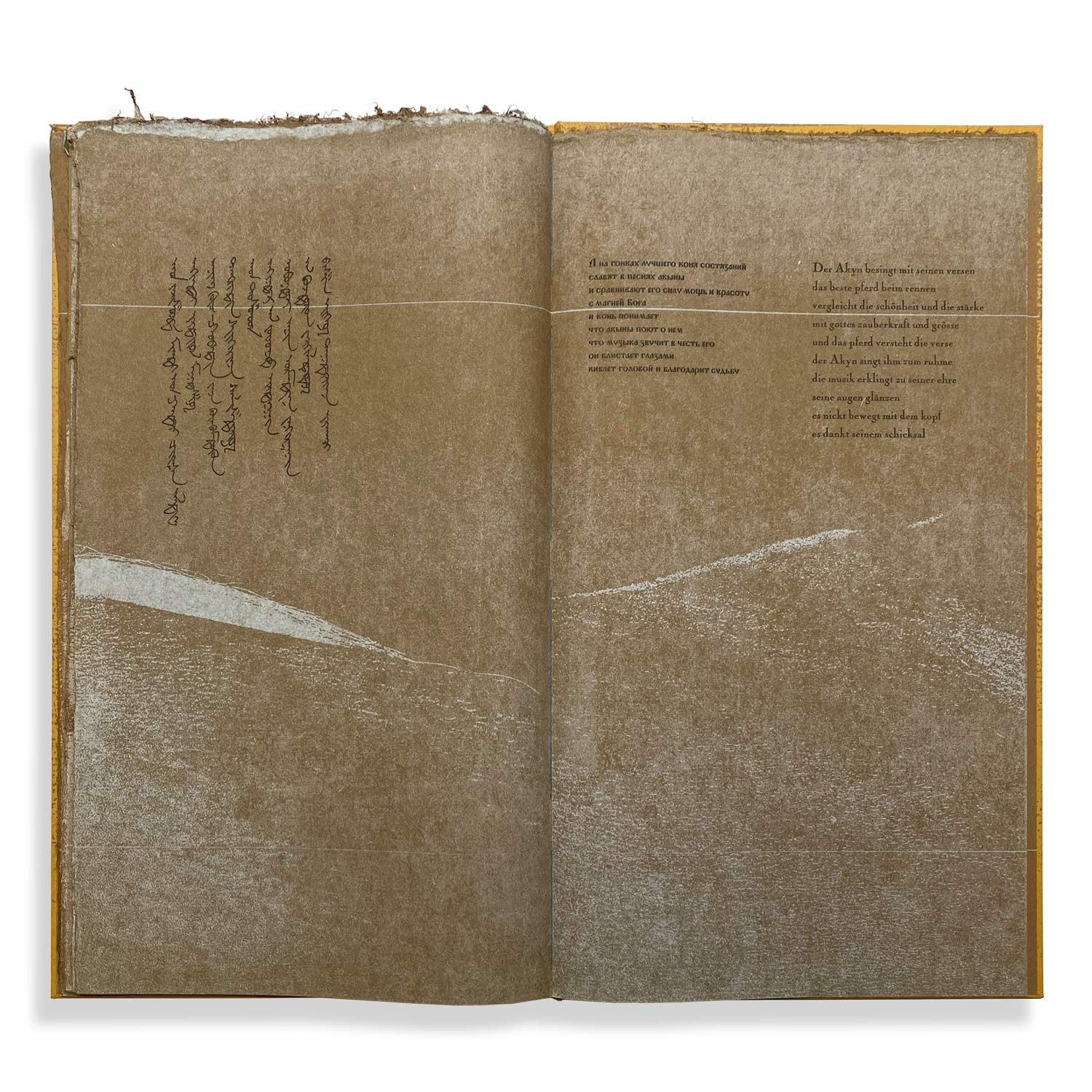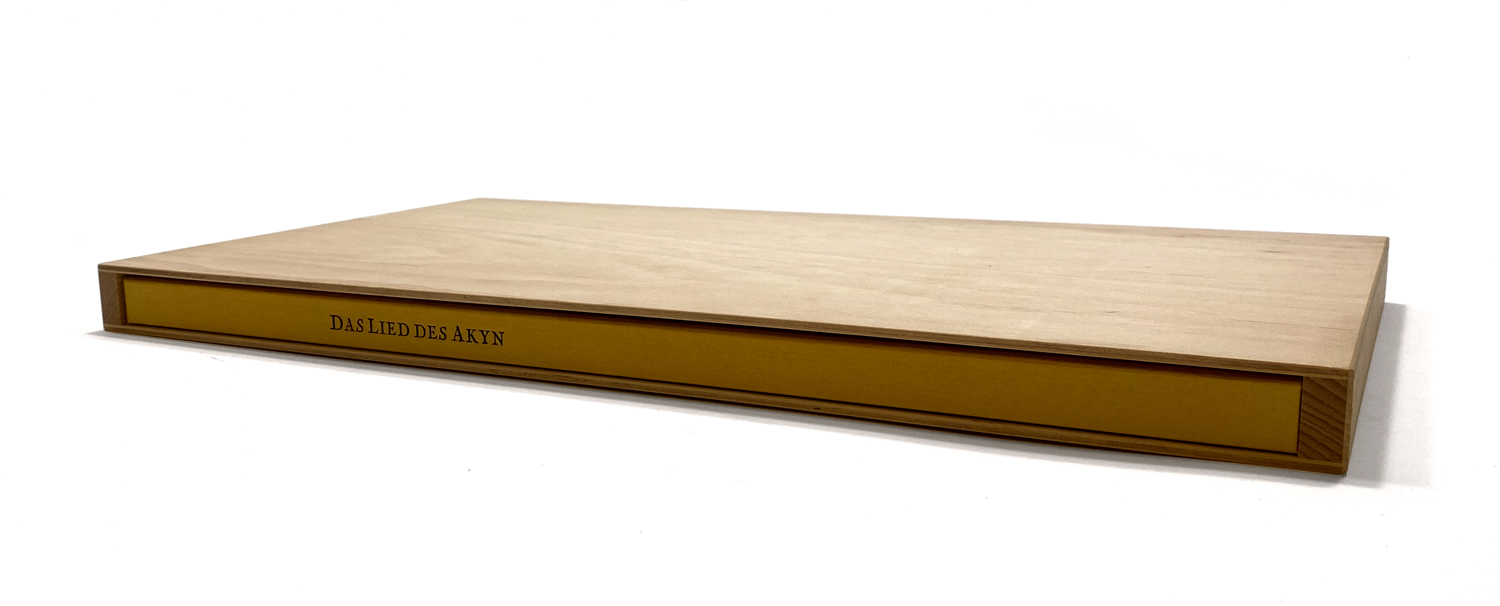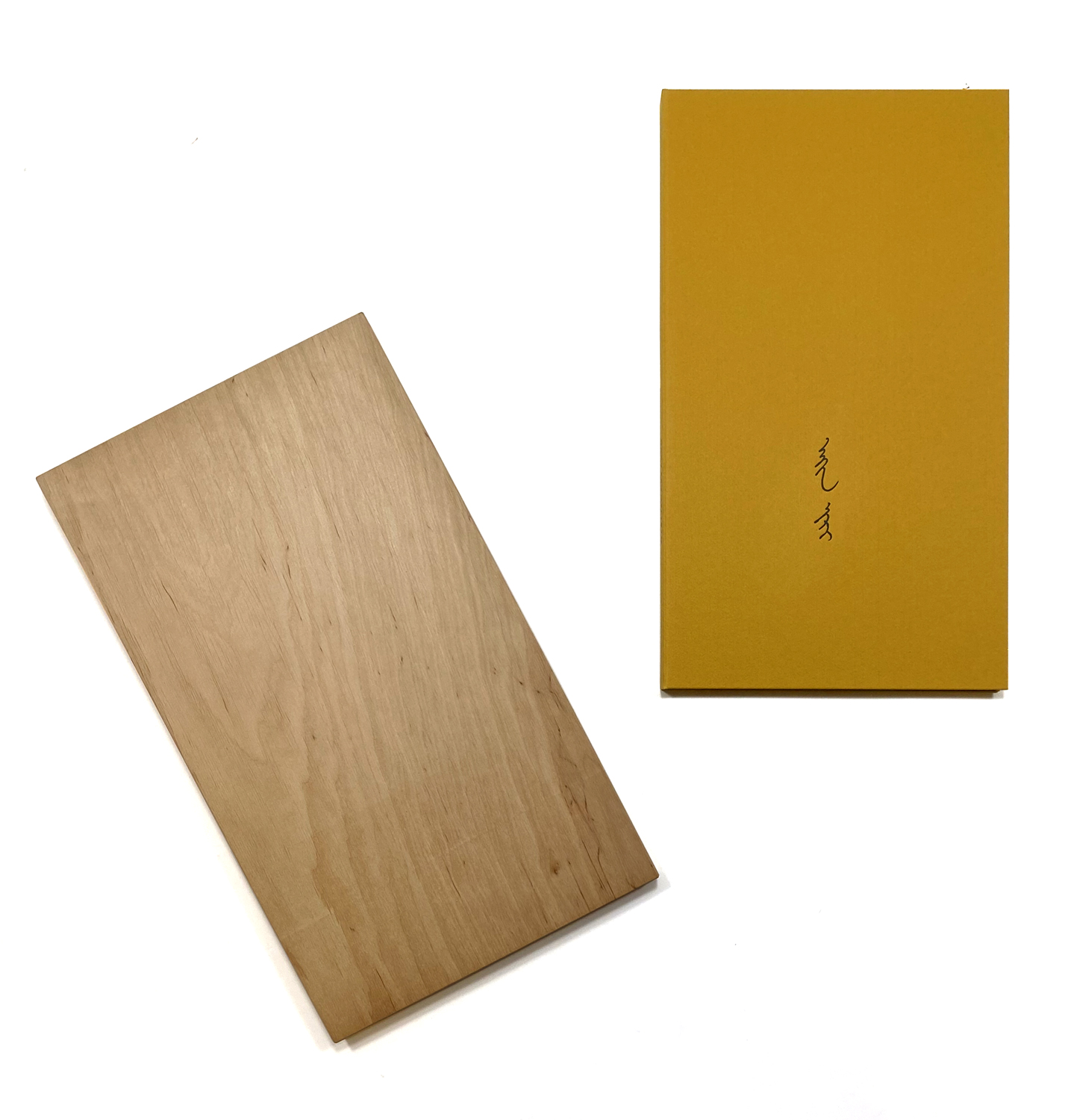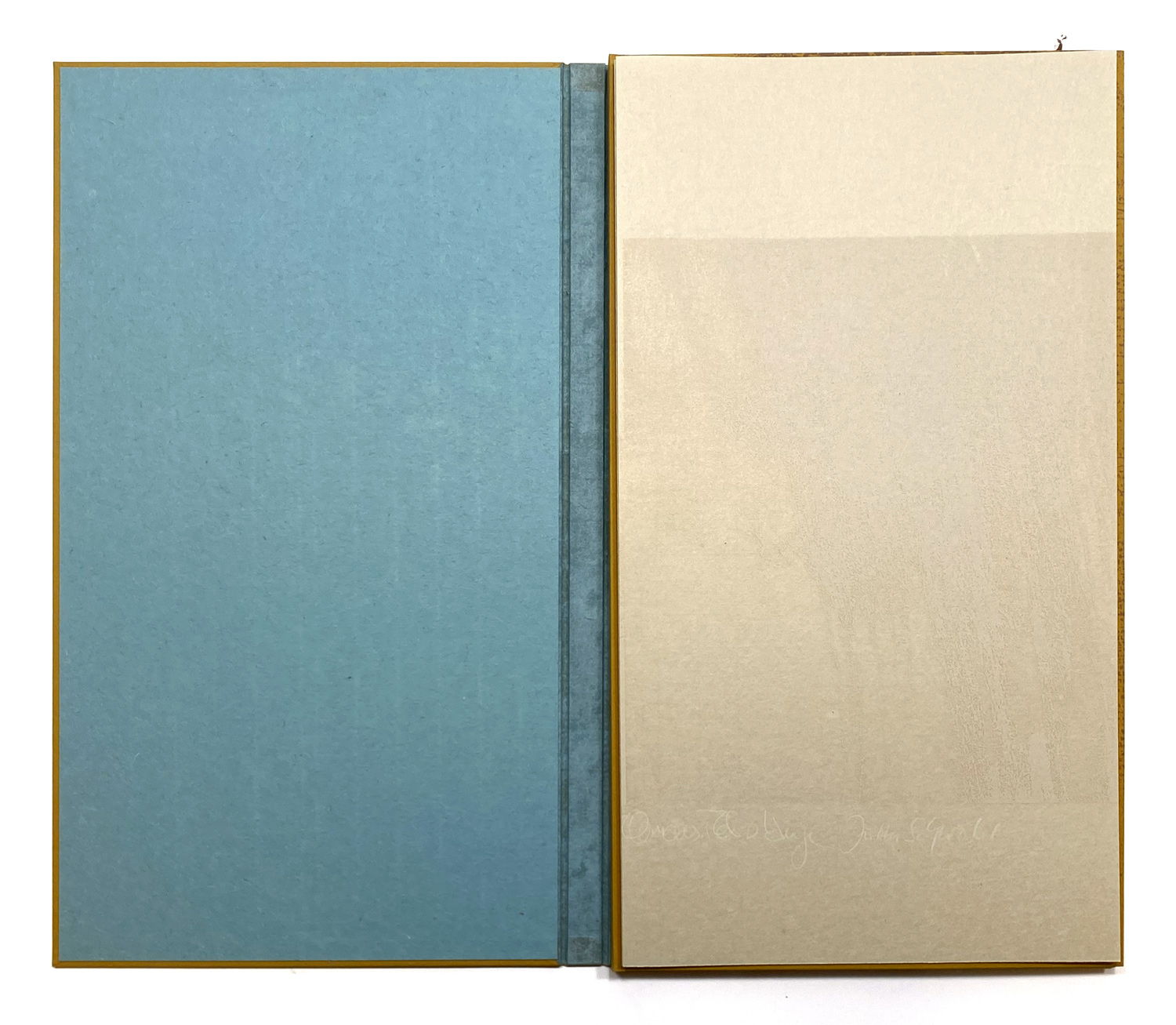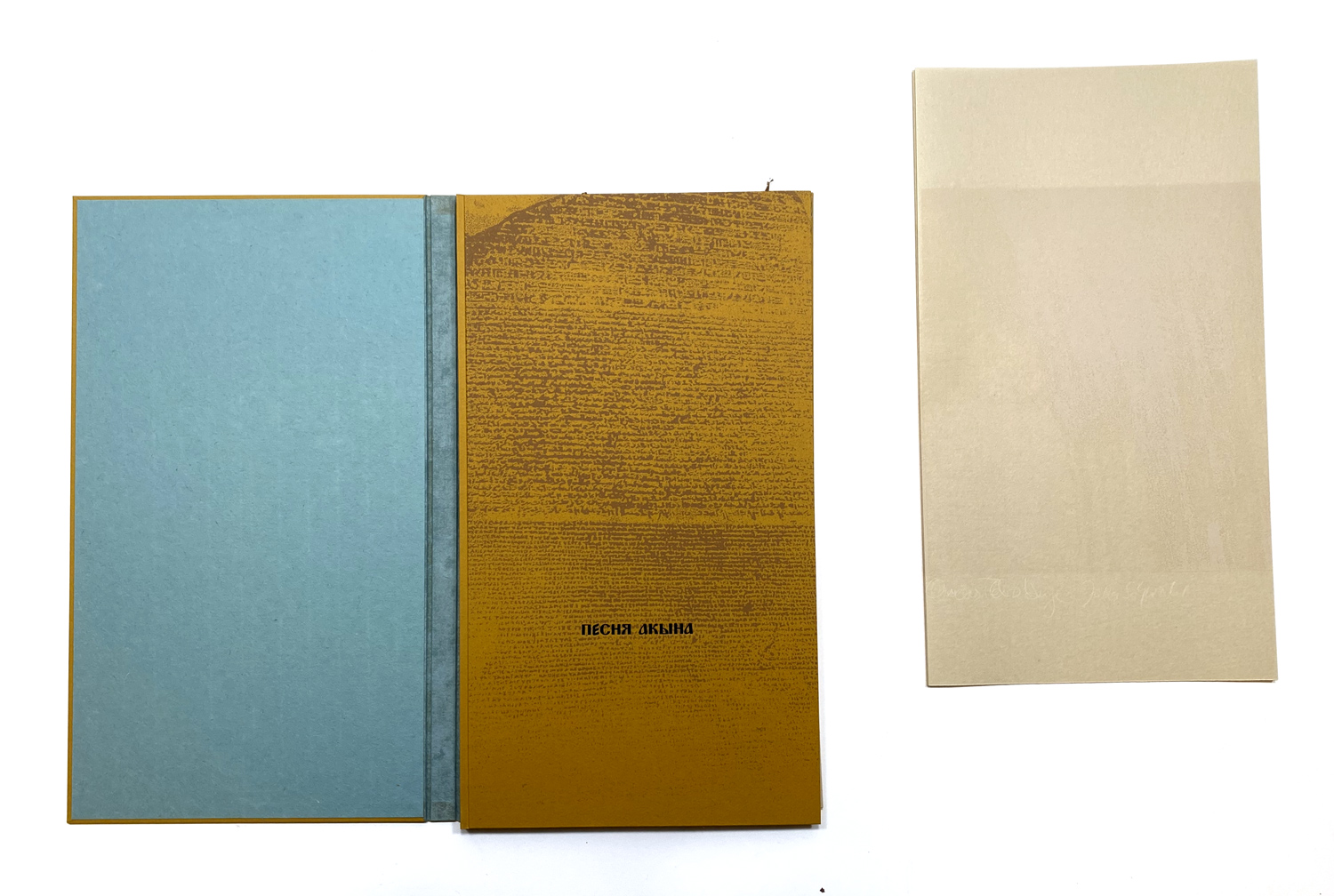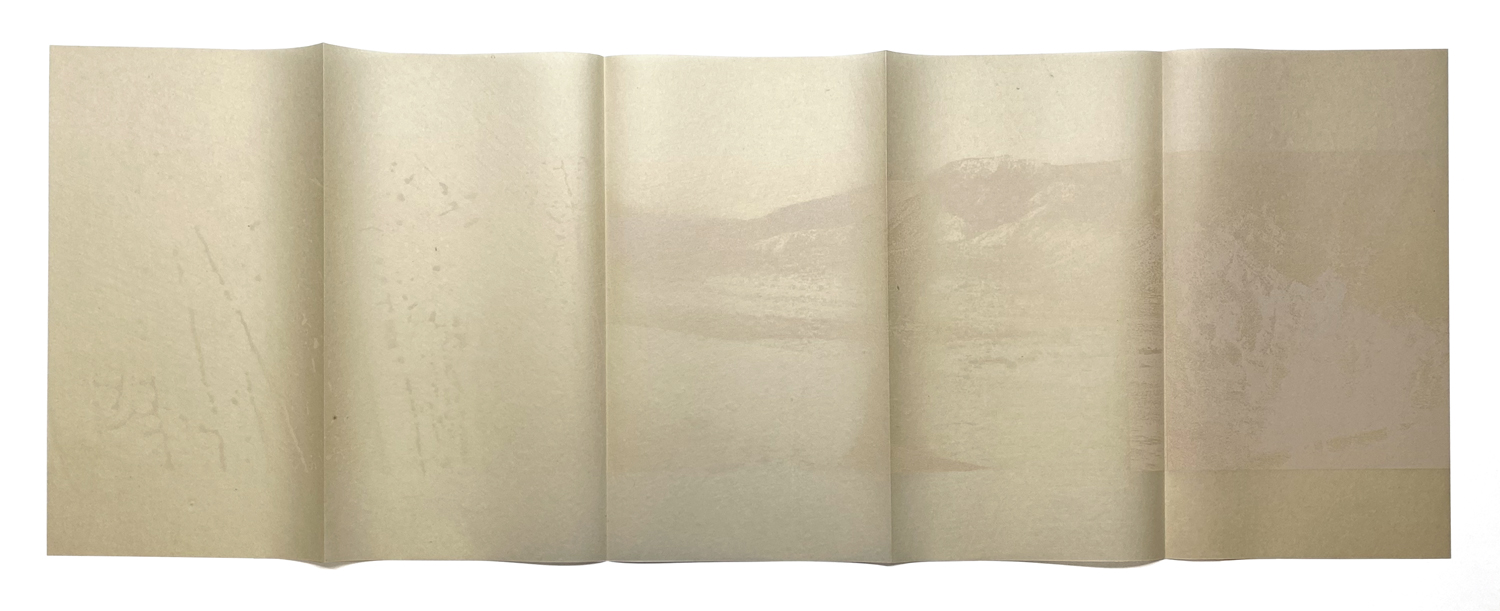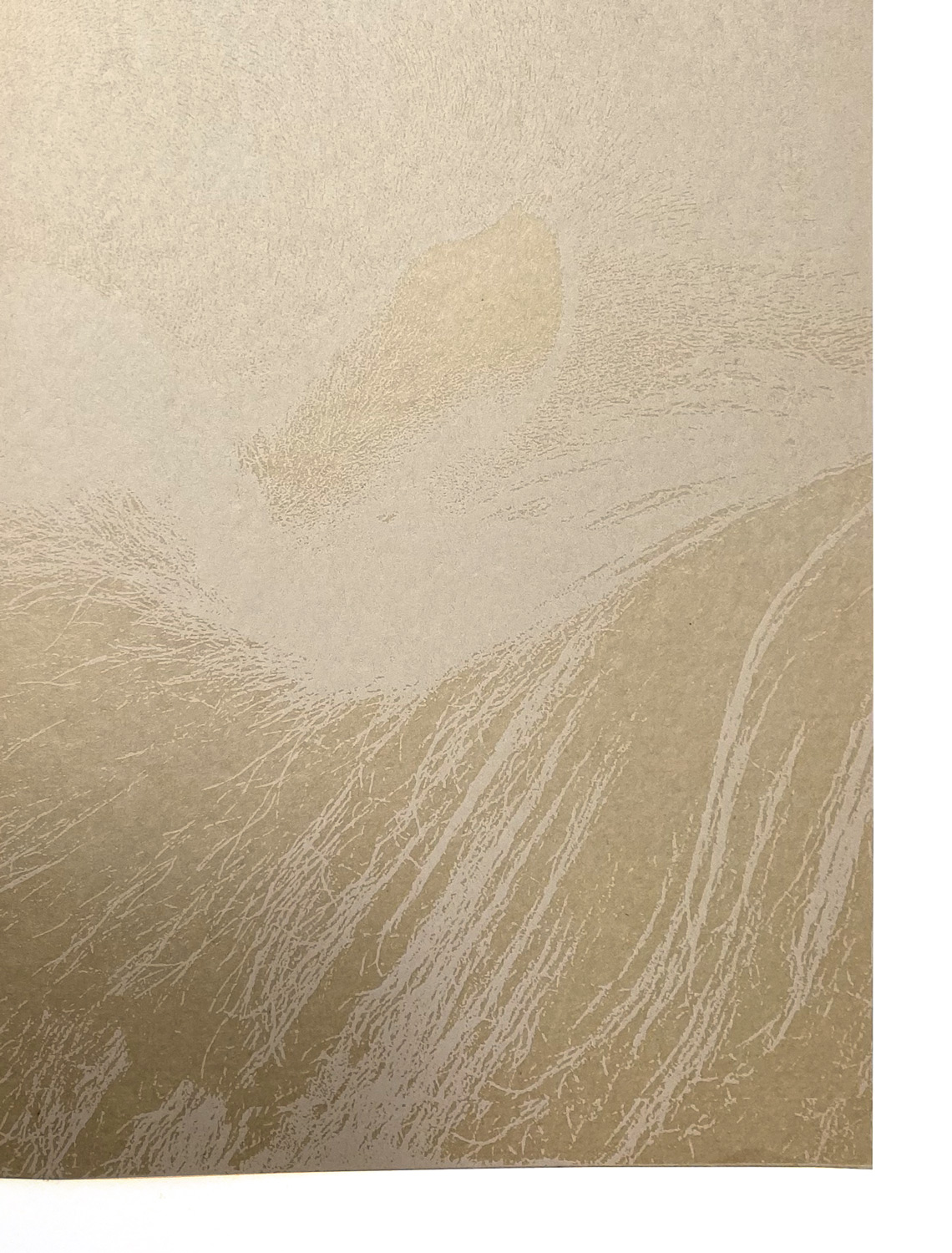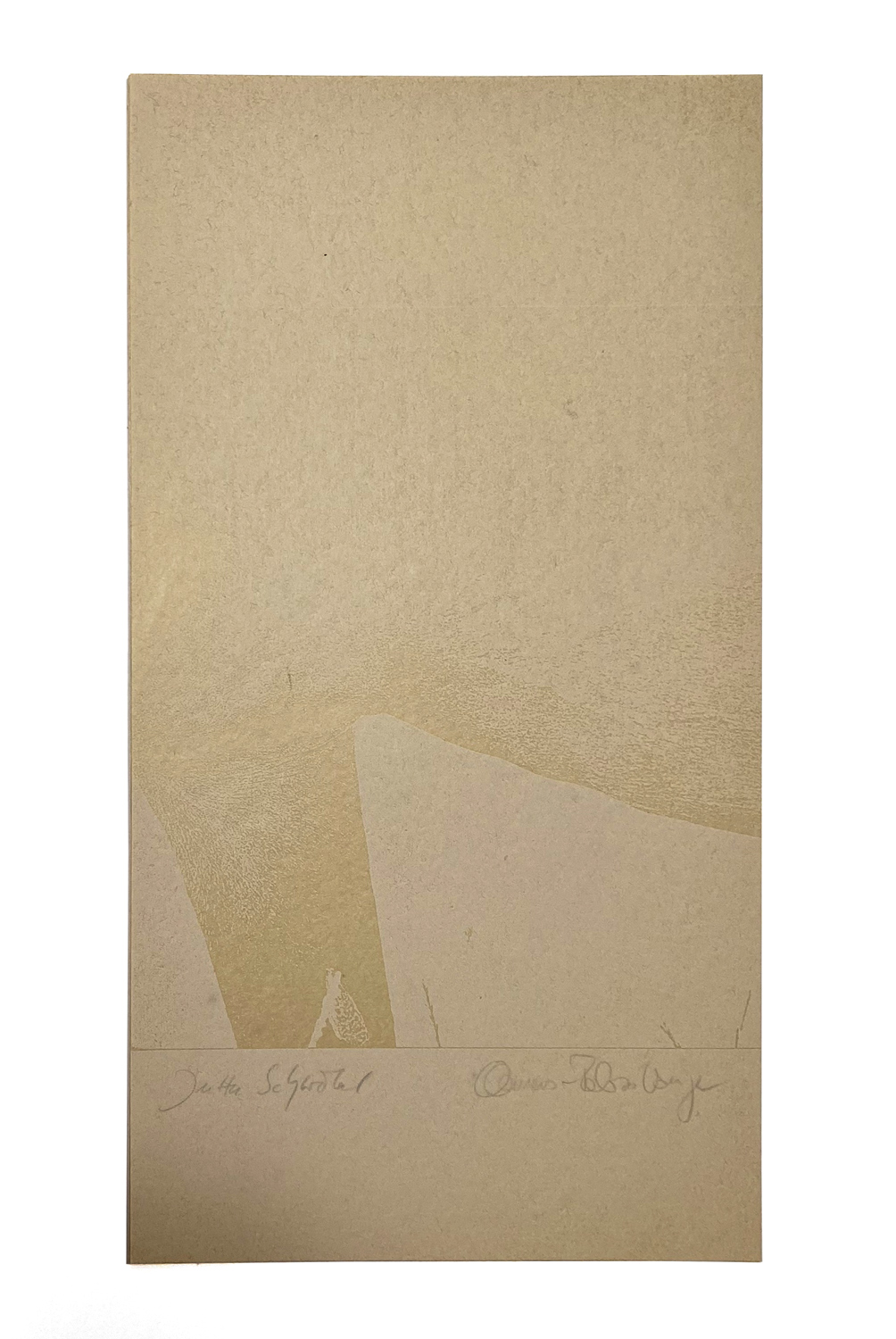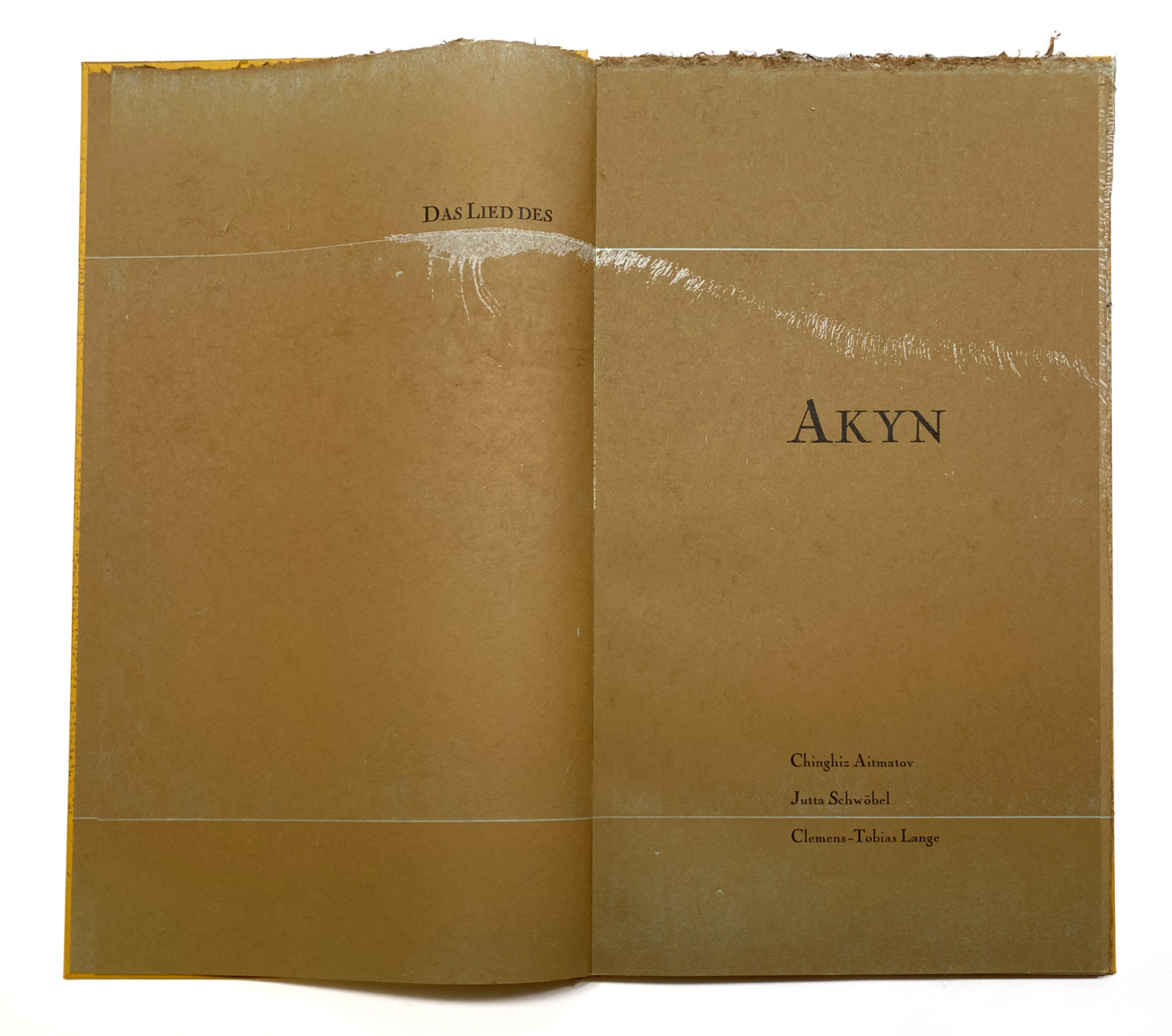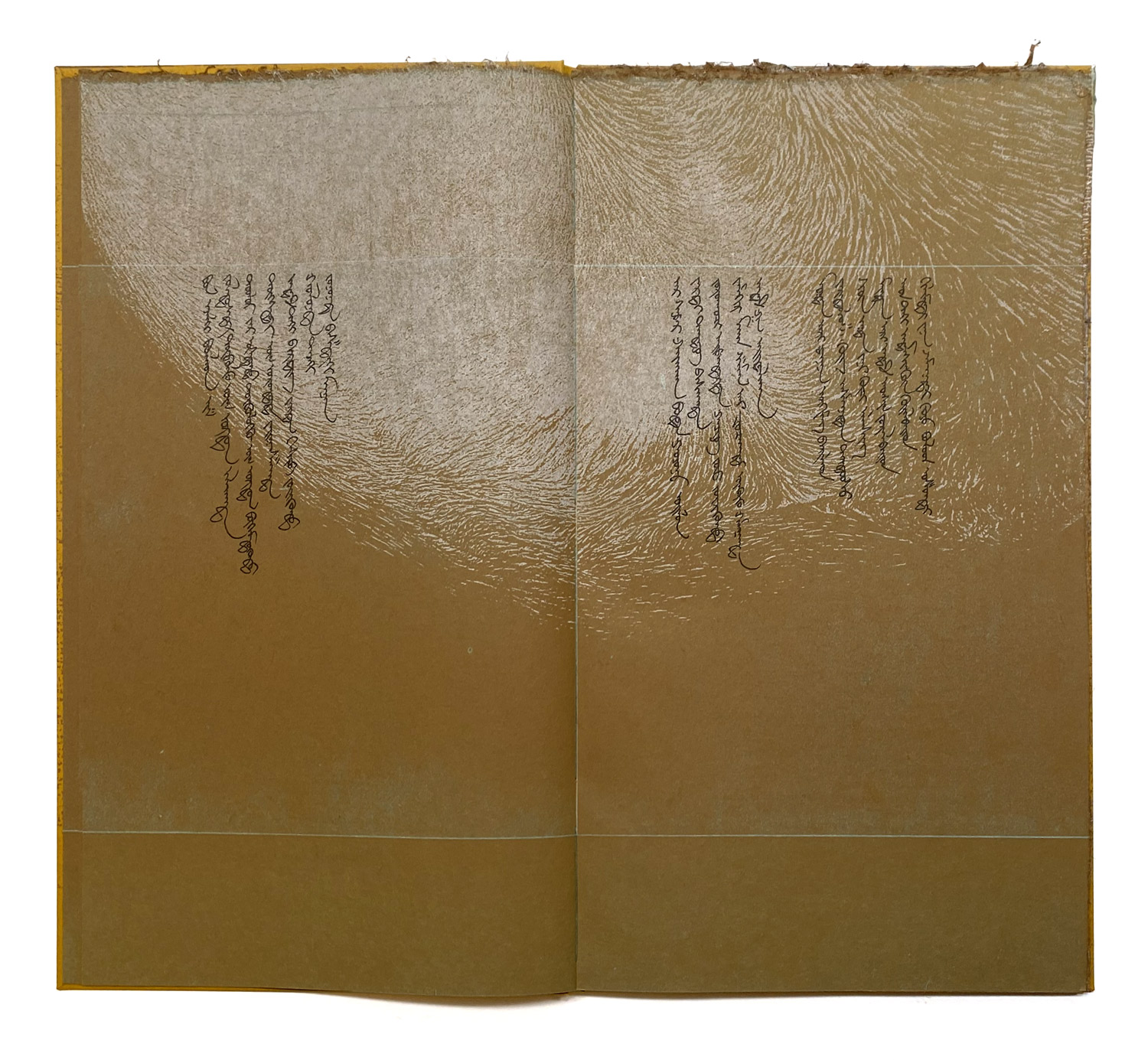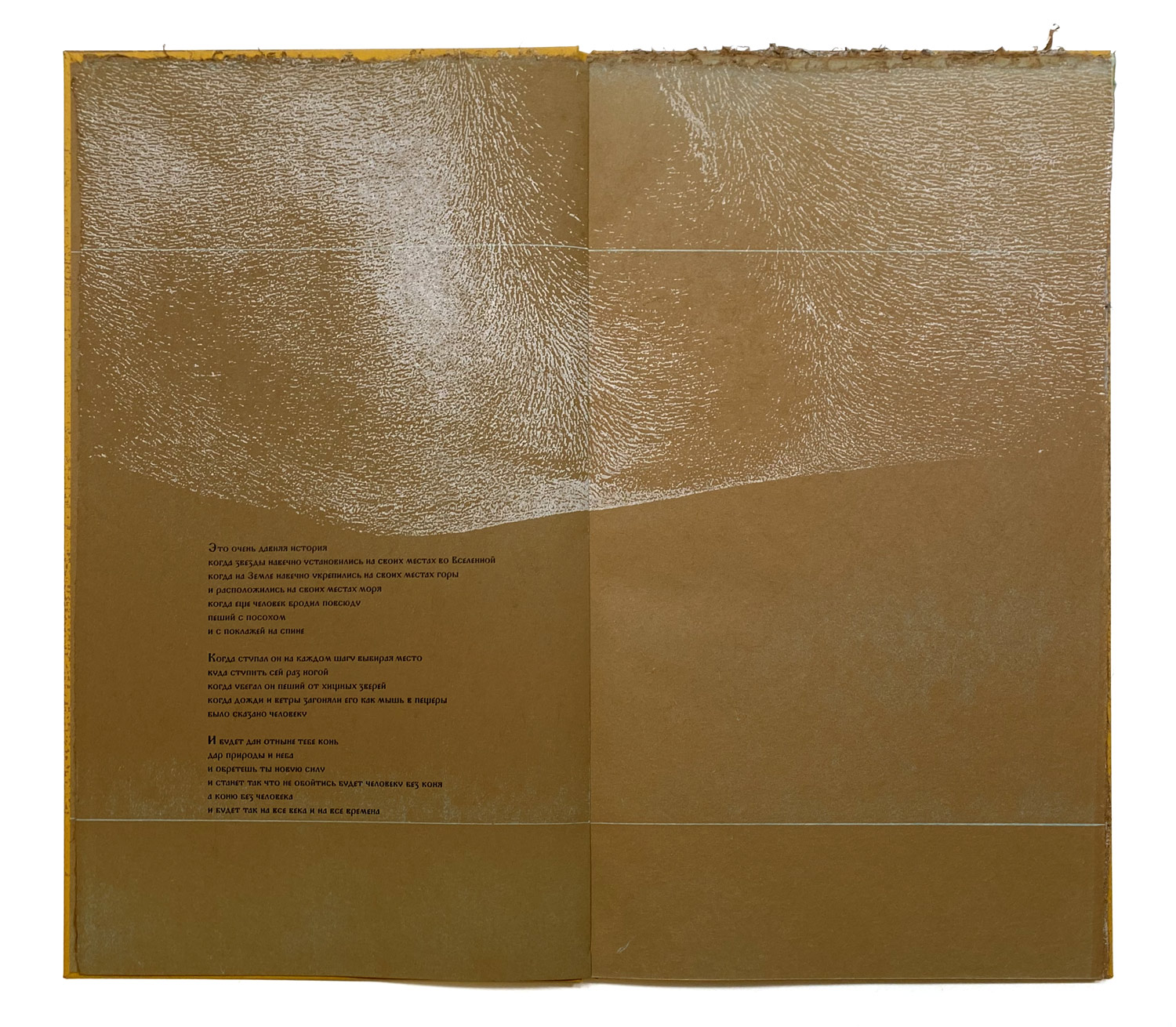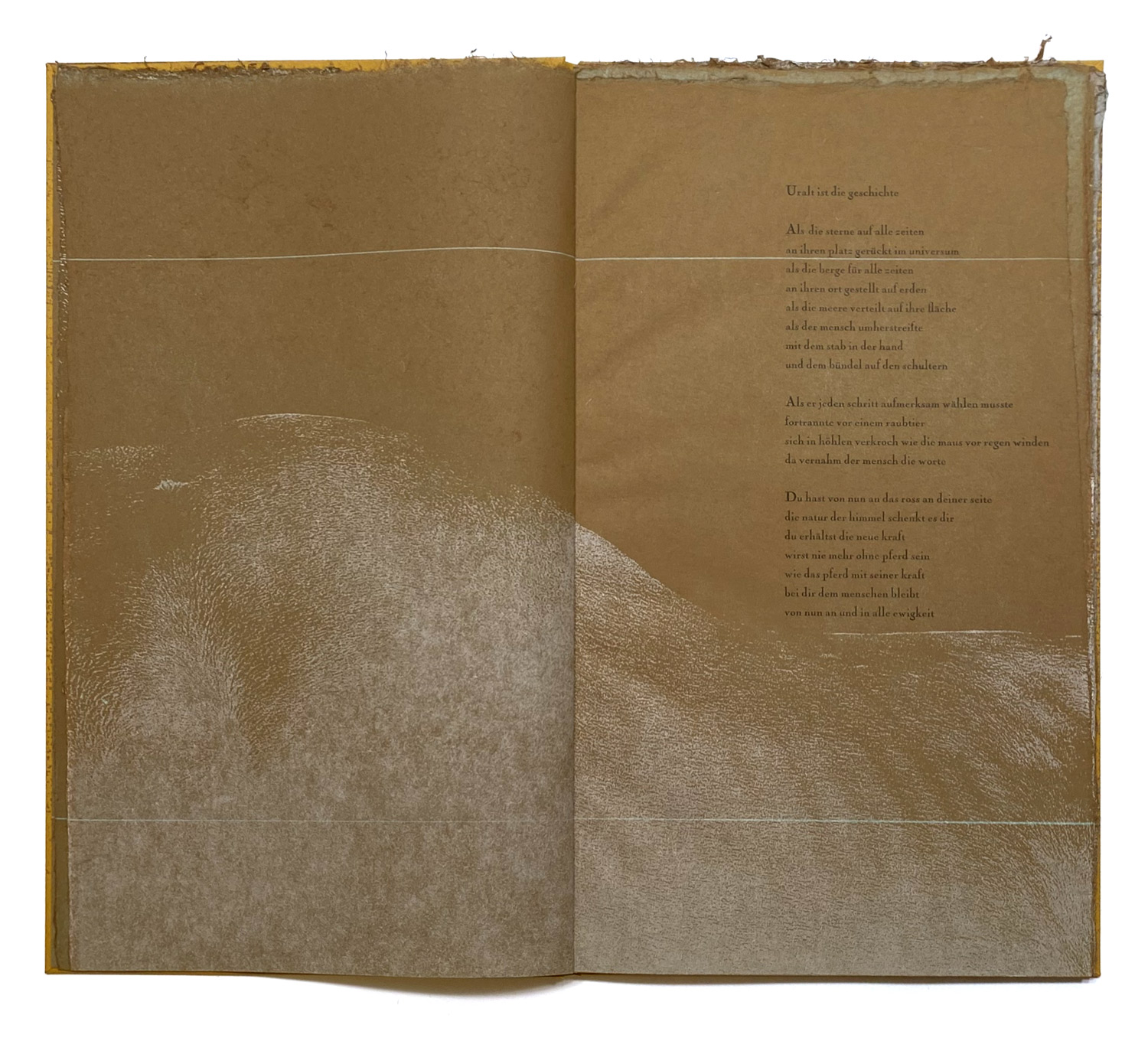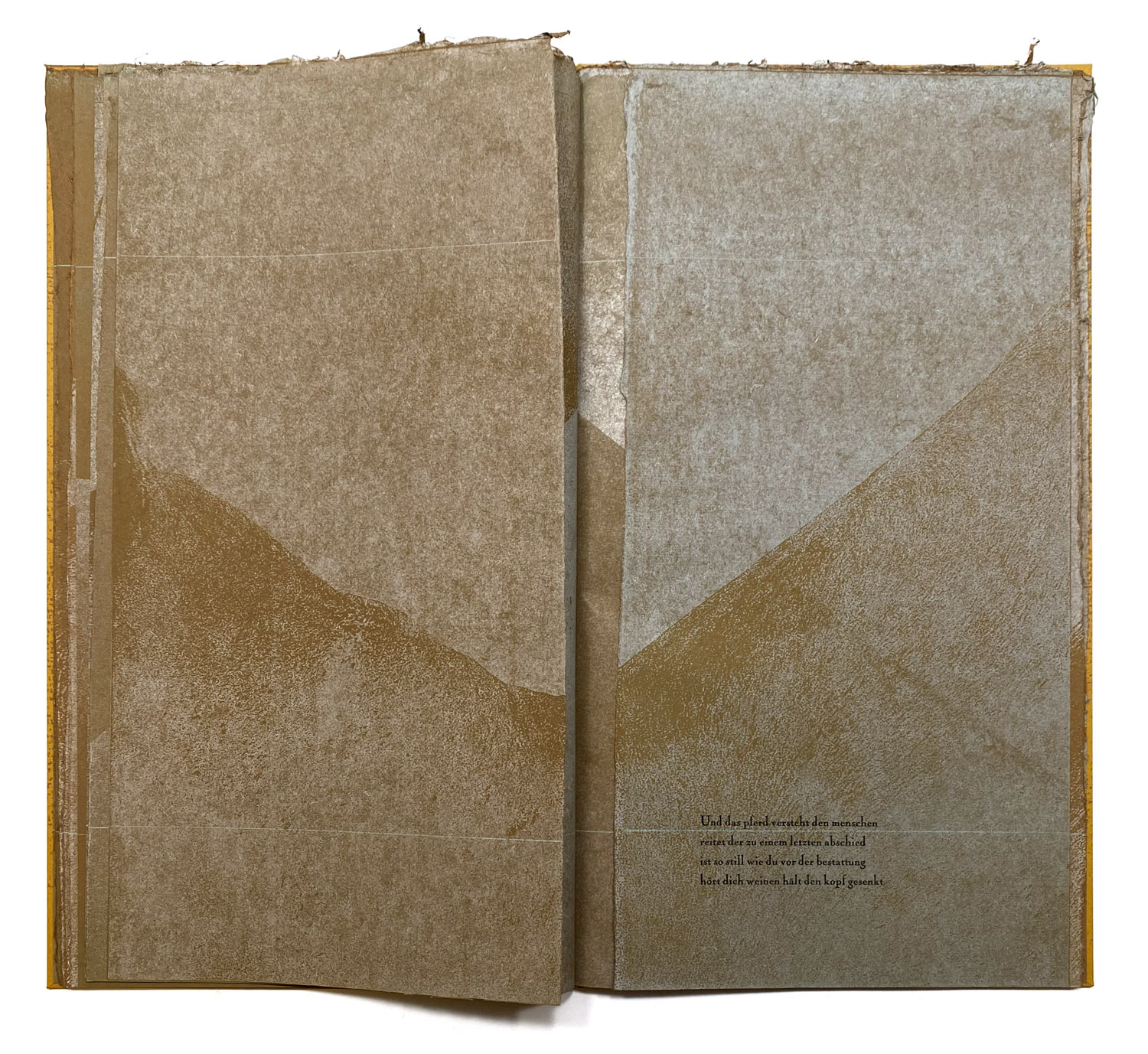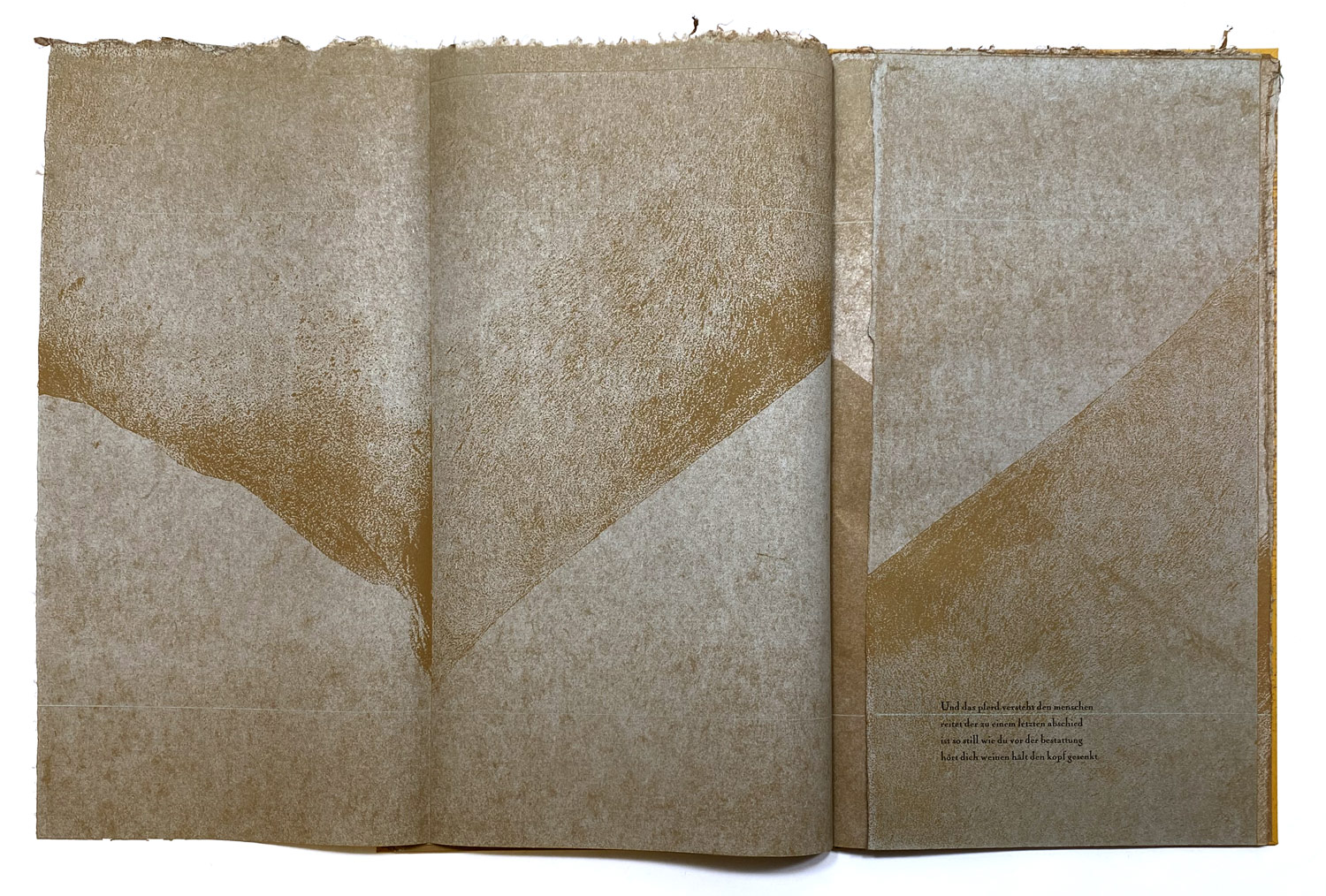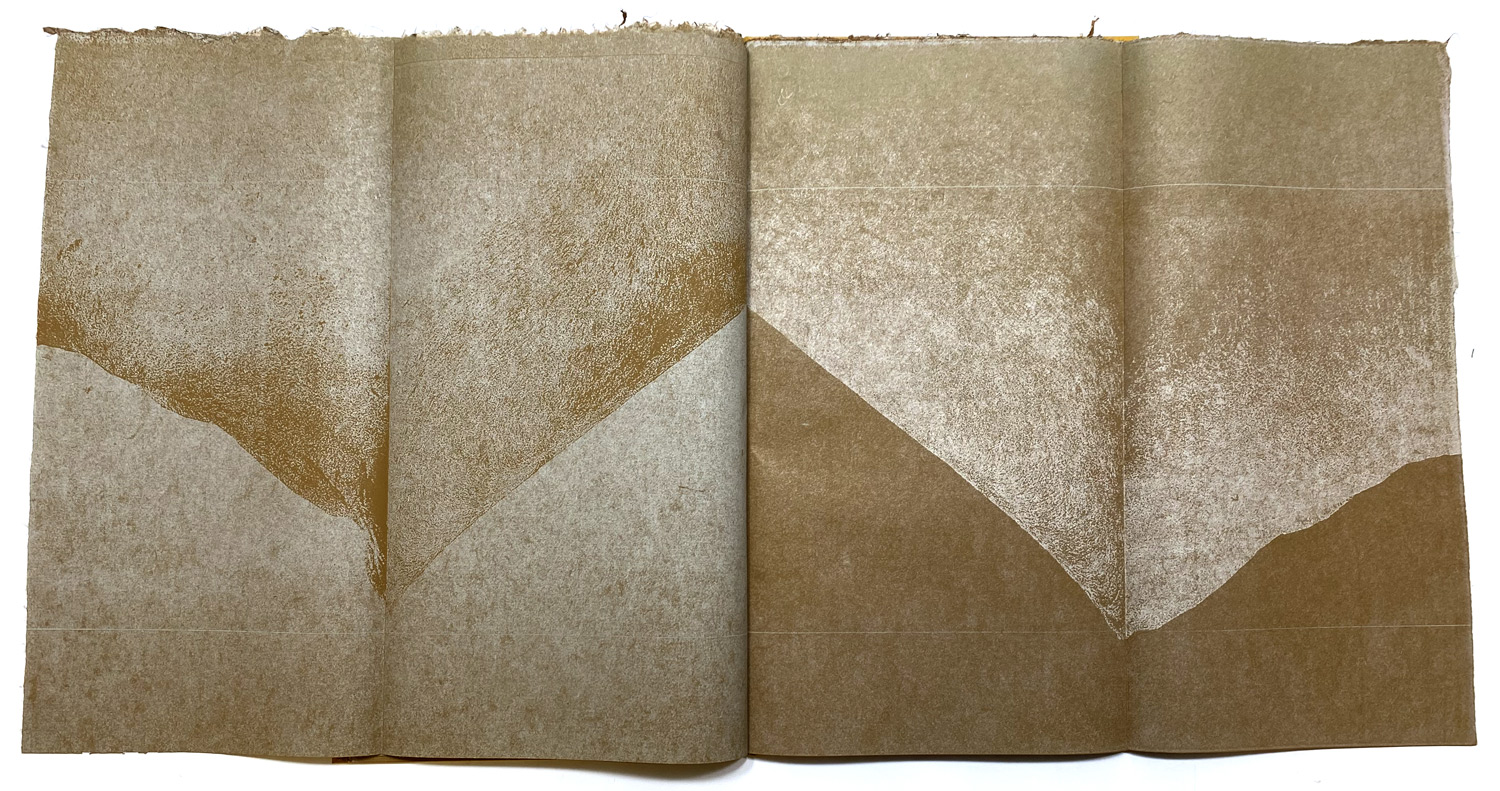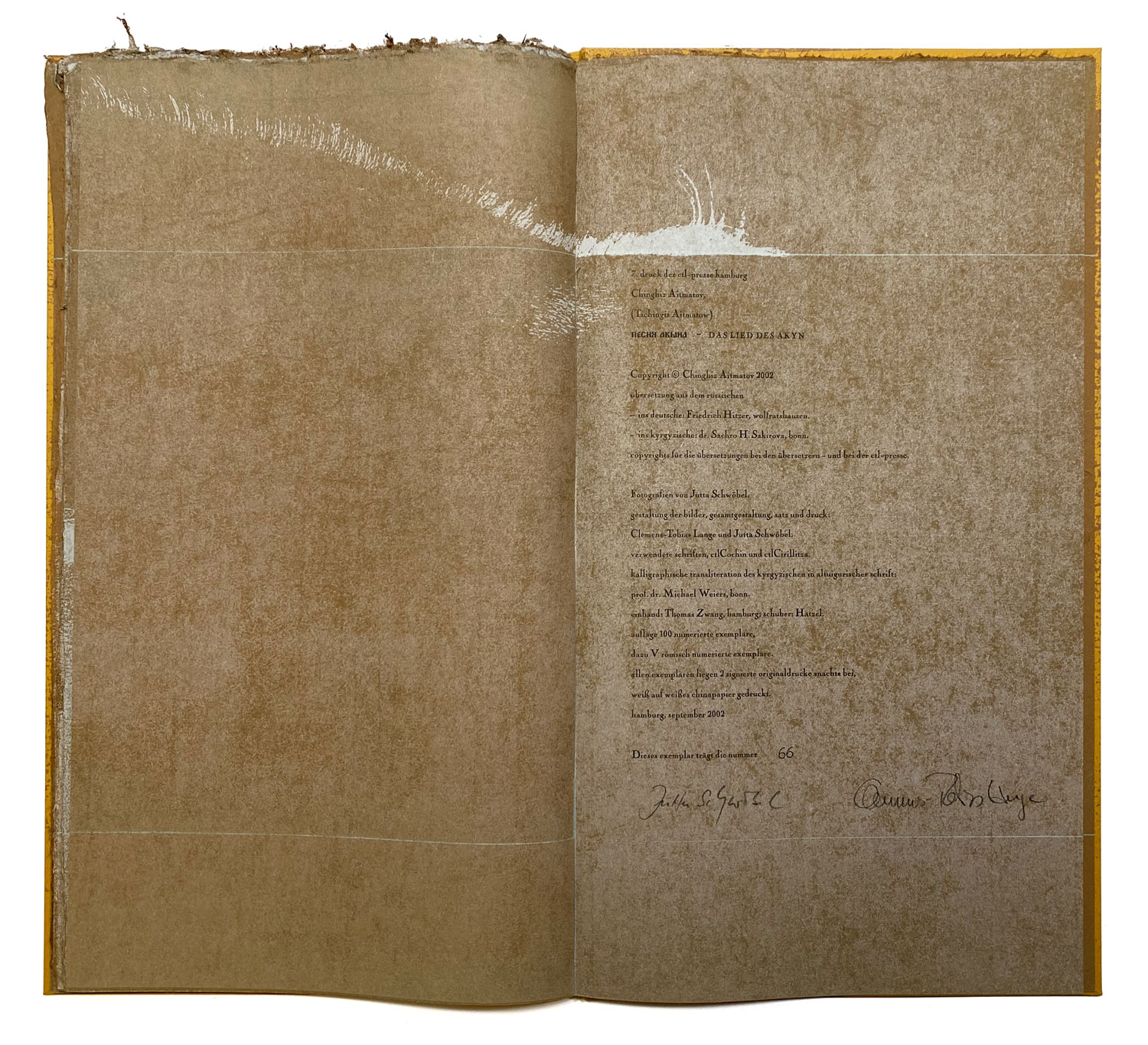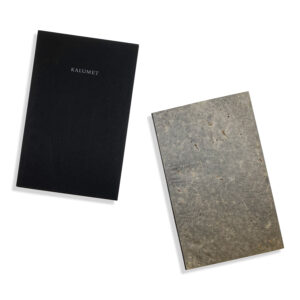Das Lied des Akyn / The Song of the Rider
Das Lied des Akyn / The Song of the Rider
Date
2002
Edition Size
100
Media
Letterpress, Photo
Binding
Hand-sewn
Dimensions
16 × 9 in
Pages
48
Location
Hamburg, Germany
Publisher
CTL Presse
Enclosure
Wooden Slipcase
Collection
Collection Development, Limited Edition Artists Books$ 2,800.00
1 in stock
View Collectors
Bowdoin College
Bucknell University
Florida Atlantic University (FAU), The Jaffe Book Arts Collection
Herzog August Bibiothek
Lafayette College
Multnomah County Public Library
Smith College, Mortimer Rare Book Room
Staats- und Universitatsbibliothek Hamburg Carl Von Ossietzky
Stanford University
The Museum of Modern Art (MoMA)
The New York Public Library (NYPL)
University of California, Santa Barbara (UCSB)
University of Connecticut (UCONN)
University of Louisville
University of Nevada, Reno
University of Wisconsin-Madison, Special Collections
Yale University, Robert B. Haas Family Arts Library
Thousands of years ago there was no alphabet yet, no books yet, but there were the Akyn-riders – singing about the past and the news. Chinghiz Aitmatov, the most famous Kyrghiz author (with his work translated in more than 100 languages), has written a poem for this edition about the friendship of horses and men. The Song of the Rider is a collaboration between Aitmatov, Clemens-Tobias Lange, and the photographer Jutta Schwöbel. Printed in Russian, Kyrghiz, and German language, with three alphabets. Schwöbel’s photgraphs of horses become landscapes of Kyrgyzstan.
All the light blue handmade papers were printed all over on the proofing press with ocher brown printing ink – on both sides. The color of the paper shimmers slightly through the brown. The reduced shapes of horses are printed on it in white. This makes the pictures landscapes.
“It is an age-old story.
When the stars had been fixed forever in their positions in the Universe, when on Earth the mountains had been set forever in their positions and the seas had been sited forever in their positions, when Man still roamed everywhere on foot, with a staff and with a burden on his back, when at each step he trod he weighed up where to put his feet, when he ran on foot from predators, when wind and rain drove him, mouse-like, into caves, Man was told: ‘From now on, you will be given the horse – a gift of nature and heaven, and you will gain new strength, and it shall become so that Man will be unable to do without the horse, and the horse without Man, and it will be so for all ages and for all times . . .”

